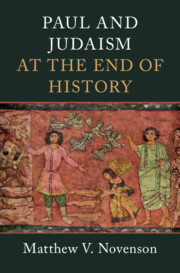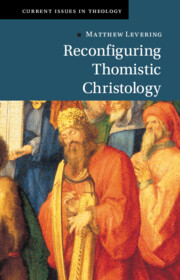Like the Messianic Banquet, the Messianic Torah is a concept frequently encountered among New Testament scholars. It seems to be presupposed as a category well known to first century Judaism and, therefore, to be a yardstick against which Jesus’ ‘legislative’ activity could and can be measured. An examination of this concept begins with the tension in Jewish thought between the eternity of the Mosaic Law and the various strategies designed to supplement its inadequacy to deal with contemporary situations. Given that the unique circumstances of the Messianic Age involve a further complication, the relevant texts are reviewed for their contributions to the problem. The Old Testament writers look to a deepening of observance of the Mosaic Law in the eschatological times. The Pseudepigrapha offer little more apart from a hint of Messianic legislation in Psalms of Solomon 17. Even the gospels do not show us a Jesus who fits readily into the model of a Messianic legislator. In fact St John probably pictures him as the embodiment of the Torah, the Word made flesh. The conclusion is that, whatever the later rabbinic teaching on the subject, the idea of the Messianic Torah is a scholarly construct as far as the New Testament is concerned.

